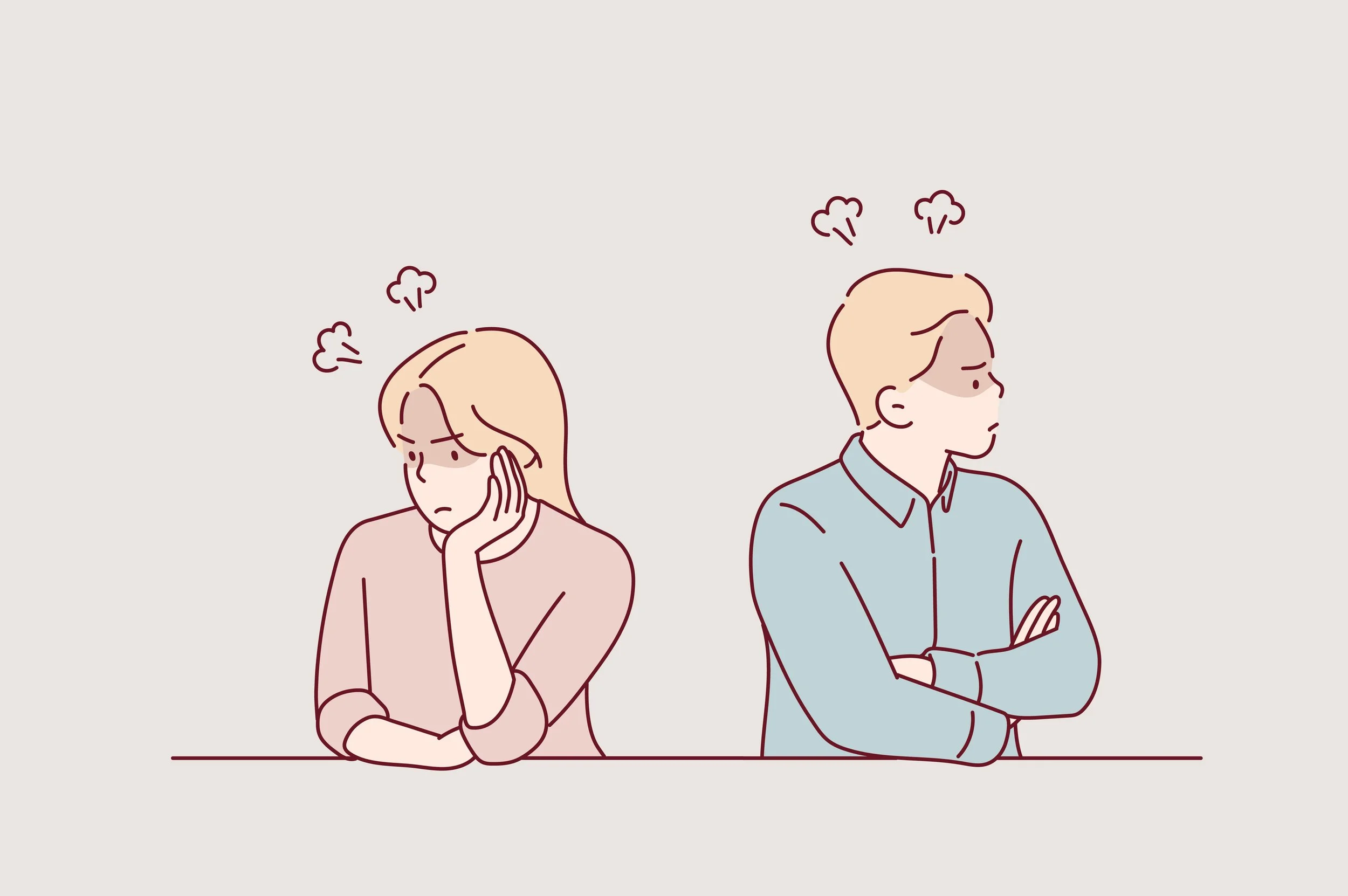Social Learning, Part 2
It’s a no-brainer that we influence the children in our lives. Our behaviours as adults have a profound impact. Children observe without knowing they are doing it. You realise they have observed when they demonstrate one of your behaviours.
Your mannerisms are quickly assumed by the watchers, in this case, your kids. They watch and listen for routines. They observe how you deal with problems. They engage in similar speech patterns. Swear jar?
Of course, positivity works wonders in social learning situations. Young children thrive on positive behaviour. They love modelling how the grown-ups interact. Observe young children holding a make-believe tea party.
Conversely, sometimes, direct observation of social situations is not positive. Reality television is an area where people participate in constructed, argumentative environments. These situations register as routine to the child with astute powers of observation. This is especially true if the child has no comparable frame of reference.
Children, from toddlers to teens, are still developing their filters. They observe direct behaviours and accept them at face value. Reality television performances are scripted. Extended conflict equals more viewers. This is before we realise that group bullying and humiliation are features of many of these programs.
This is where you, dear parent, enter. Your role modelling, positive reinforcement and behaviour patterns provide an alternate story. This is the power of social learning.

